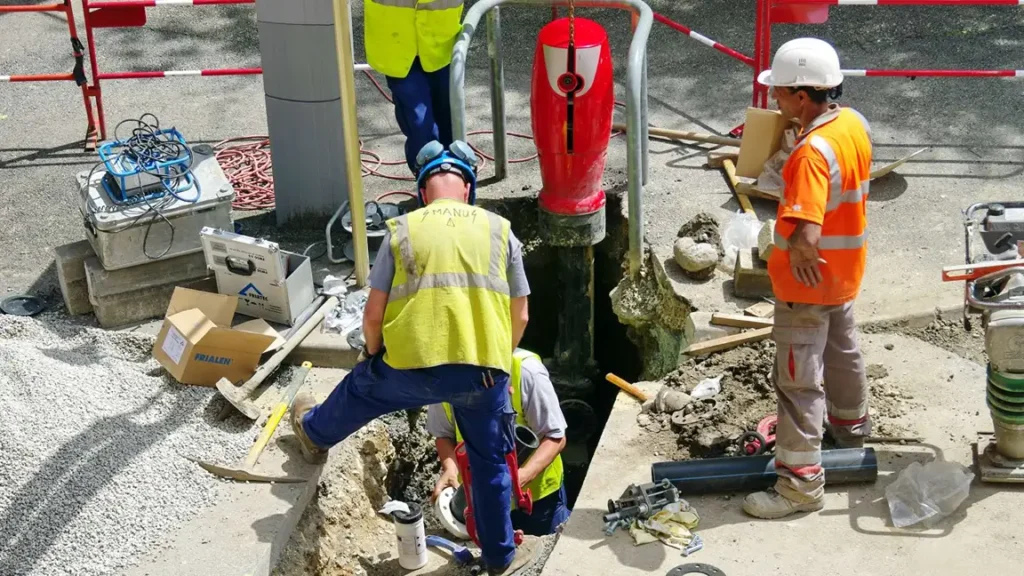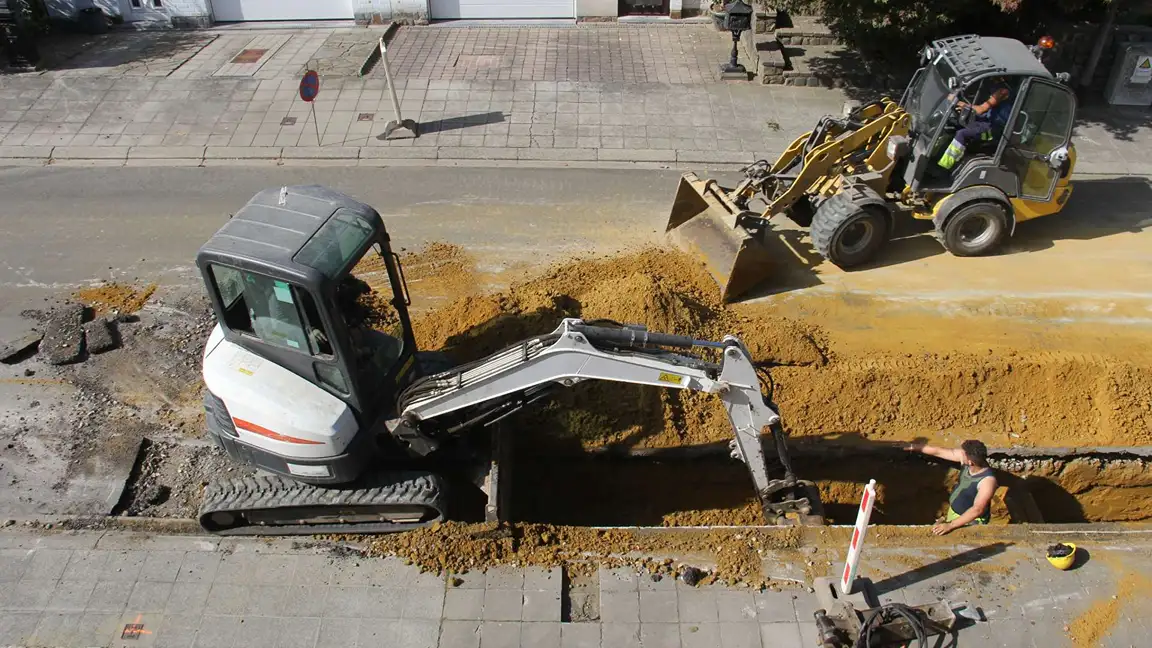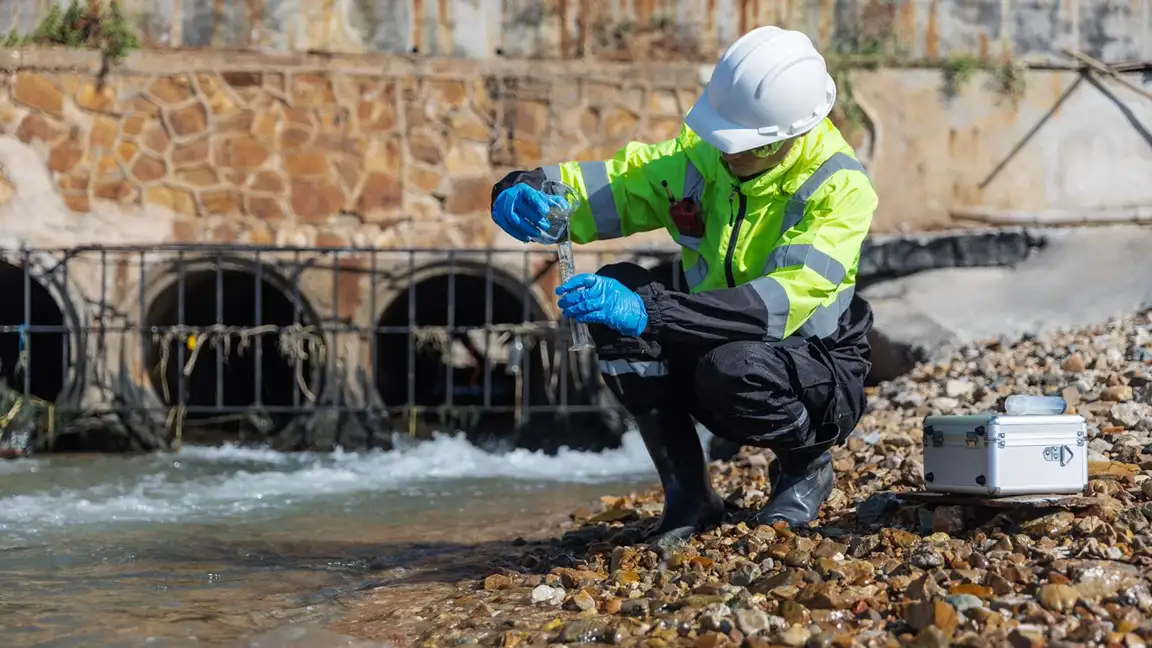1. Introduction: The Rise of Environmental Remediation Careers
As the global community faces intensifying environmental threats—rising sea levels, widespread industrial pollution, and increasingly frequent climate-related disasters—the demand for skilled professionals in environmental remediation jobs is on the rise. These careers play a pivotal role in restoring ecosystems, protecting public health, and helping communities recover from environmental damage.
Environmental remediation jobs now encompass a wide range of specialized fields, from managing hazardous waste sites and cleaning up oil spills to executing flood recovery operations and deploying green infrastructure. Among the most in-demand specialties are mold remediation jobs, which address the growing concern over indoor air quality and building safety, and water remediation jobs, which focus on restoring safe drinking water and rehabilitating contaminated water bodies.
With industries, municipalities, and federal agencies significantly boosting their sustainability initiatives, the need for trained professionals in environmental remediation jobs has never been greater. The sector promises not only robust job growth but also long-term career stability and the opportunity to contribute meaningfully to environmental stewardship. This article delves into the evolving landscape of remediation careers, exploring job roles, prospects, and the critical societal impact of this vital field.
2. What Are Environmental Remediation Jobs?
Environmental remediation jobs involve identifying and removing pollutants from soil, water, and other natural resources to restore the environment to a safe condition. These roles help protect ecosystems and human health by addressing contamination caused by industrial activity, accidents, or natural disasters.
Professionals in this field perform tasks like site assessments, soil and water testing, and the use of specialized equipment. Work settings include brownfield sites, flood zones, and areas impacted by hazardous waste. The field blends scientific knowledge with hands-on work, making it both technically challenging and rewarding.
Mold remediation jobs are vital for addressing indoor air quality issues following water damage or poor ventilation. These roles focus on eliminating mold and preventing structural damage. Water remediation jobs, on the other hand, involve cleaning and restoring water systems affected by pollution or flooding. These positions are crucial for ensuring access to safe water and maintaining public health.
Whether dealing with indoor hazards or environmental disasters, remediation professionals play a key role in repairing damaged ecosystems and creating safer living conditions.
3. Key Sectors and Specializations
The field of environmental remediation jobs spans a wide array of specialized sectors, each addressing different types of environmental damage with targeted techniques and skillsets. These roles are essential for protecting both natural ecosystems and human health, and they often require specific training, certifications, and tools. Below are some of the most prominent areas within this expanding industry:
Soil and Groundwater Remediation
This sector of environmental remediation jobs focuses on treating contaminated soil and groundwater caused by industrial spills, leaking storage tanks, or improper waste disposal. Professionals use methods like soil vapor extraction, bioremediation, chemical oxidation, and pump-and-treat systems to remove or neutralize pollutants. These projects are often conducted at brownfield sites or areas near industrial operations.
Mold Remediation Jobs
Mold remediation jobs involve the identification, removal, and prevention of mold growth in residential, commercial, and institutional buildings. This specialization is particularly critical in environments such as hospitals, schools, and nursing homes, where vulnerable populations may be affected. Mold spores can trigger allergies, asthma, and other respiratory issues, making thorough remediation efforts vital for occupant safety and long-term property integrity.
Water Remediation Jobs
Water remediation jobs are essential after events such as flooding, sewage backup, or industrial runoff. Professionals in this area are tasked with removing standing water, drying and dehumidifying structures, and disinfecting contaminated areas. In some cases, they also engage in long-term projects to restore the quality of natural water bodies like rivers, lakes, and wetlands. These efforts are critical in preventing waterborne illnesses and protecting aquatic life.
Hazardous Waste Management
This specialization deals with the handling of toxic and hazardous substances, including chemical, biological, and radiological waste. Professionals in this area collect, transport, treat, and safely dispose of dangerous materials according to strict regulatory guidelines. Because of the risks involved, workers often require specialized training, safety certifications, and personal protective equipment.
Each specialization within environmental remediation jobs contributes uniquely to restoring environmental balance and safeguarding communities. Whether in mold remediation jobs that ensure safe indoor air or in water remediation jobs that clean up vital waterways, these careers are integral to environmental and public health initiatives across the globe.
4. In-Demand Career Paths in Environmental Remediation
The field of environmental remediation jobs offers a wide range of career opportunities that cater to both entry-level professionals and experienced specialists. As environmental concerns intensify and regulatory frameworks evolve, the demand for qualified personnel across these roles continues to grow. These careers span diverse industries and organizations, including environmental consulting firms, government agencies, non-profits, and private contractors. Below are some of the most sought-after roles within this dynamic field:
Environmental Technician
Environmental technicians are often on the front lines of environmental remediation jobs. They conduct field tests, monitor environmental conditions, and collect samples of soil, air, and water for laboratory analysis. Their work provides the foundational data needed to design effective remediation plans.
Site Assessor
Site assessors evaluate contaminated sites to determine the extent of environmental damage. They play a key role in recommending appropriate cleanup methods and helping clients comply with environmental regulations. Their findings are crucial for initiating successful mold remediation jobs and water remediation jobs, depending on the type of contamination present.
Remediation Project Manager
Remediation project managers oversee the planning and execution of cleanup projects from start to finish. They coordinate with stakeholders, supervise remediation teams, manage budgets, and ensure compliance with environmental laws. This role is central to large-scale environmental remediation jobs, including complex industrial cleanups and post-disaster recovery.
Industrial Hygienist
Industrial hygienists ensure that workplaces, especially those dealing with hazardous materials, —are safe for workers. They assess chemical, biological, and physical hazards and implement control measures. Their responsibilities often intersect with both mold remediation jobs and water remediation jobs, particularly in indoor environments and disaster-prone regions.
Certified Mold Remediator
Certified mold remediators specialize in identifying, containing, and removing mold from buildings. These professionals ensure compliance with health and safety standards, particularly in sensitive facilities such as hospitals, schools, and residential complexes. The demand for mold remediation jobs continues to rise due to increasing awareness of indoor air quality issues.
Water Damage Restoration Technician
These specialists respond to water-related emergencies, including floods, hurricanes, and plumbing failures. They remove standing water, dry affected areas, and disinfect spaces to prevent mold and bacteria growth. Water remediation jobs in this field are critical for both immediate disaster response and long-term environmental recovery.
Health and Safety Officer
Health and safety officers create and enforce safety protocols for teams in hazardous environments. Their work includes risk assessments, training, and emergency planning, crucial across all environmental remediation jobs. These roles offer job security, growth, and the chance to impact environmental and public health. As sustainability efforts grow, demand for skilled professionals in mold and water remediation jobs is expected to stay strong.
5. Required Skills and Certifications
Given the technical nature of remediation work, a combination of academic qualifications and hands-on skills is often required. Below are the key competencies and credentials sought by employers:
Technical Skills
- Understanding of environmental laws (e.g., CERCLA, RCRA).
- Familiarity with field sampling equipment and laboratory analysis.
- Knowledge of hydrology, chemistry, biology, and soil science.
Certifications
- OSHA HAZWOPER (Hazardous Waste Operations and Emergency Response): A must-have for working in hazardous zones.
- IICRC Certifications: Relevant for mold remediation jobs and water remediation jobs.
- EPA Lead Renovation Certification: Required for handling lead-contaminated materials.
Soft Skills
- Strong communication for reporting findings and working with diverse teams.
- Critical thinking and problem-solving in unpredictable field conditions.
- Physical stamina for labor-intensive and potentially hazardous tasks.
Acquiring these qualifications significantly enhances job prospects and advancement potential.
6. Training and Education
Entering the field of environmental remediation jobs can follow several educational pathways, depending on the role and level of expertise required.
Associate Degrees
Many technician-level positions require a two-year associate’s degree in environmental science or a related applied technology field. These programs focus on foundational skills such as sample collection and equipment use.
Bachelor’s Degrees
More advanced roles, like environmental consultants or site assessors, typically need a bachelor’s degree in environmental science, geology, chemistry, or engineering. These degrees provide essential knowledge of environmental processes and regulations.
Certifications and Vocational Training
Mold and water remediation often require certification. Programs from IICRC or NORMI are highly valued—and sometimes mandatory—for environmental remediation jobs in these fields.
Apprenticeships
Apprenticeships and on-the-job training offer a path into the field without formal education, often leading to long-term careers. Continuing education helps workers stay current with safety standards and new remediation technologies.
7. Industry Growth and Job Outlook
The outlook for careers in environmental remediation jobs is highly promising, with steady growth projected over the coming years. According to the U.S. Bureau of Labor Statistics, employment for environmental scientists and specialists is expected to grow faster than the national average, fueled by both environmental challenges and regulatory initiatives.
Several key factors are driving this demand:
- Stricter Environmental Regulations: Governments are introducing and enforcing more robust regulations focused on pollution control and site cleanup, increasing the need for skilled professionals across all remediation sectors.
- Climate Resilience Initiatives: With climate-related events like flooding, wildfires, and hurricanes becoming more frequent, environmental remediation jobs are essential to help communities recover and strengthen their resilience to future disasters.
- Brownfield Redevelopment: Cities and municipalities are actively transforming contaminated industrial sites into usable property, which boosts demand for assessment, cleanup, and restoration specialists.
Mold remediation jobs and water remediation jobs are growing rapidly due to rising awareness of indoor air quality and the need for effective disaster response. With ongoing environmental concerns and increased infrastructure investment, demand for environmental remediation professionals is expected to stay strong.
8. Sustainability and Societal Impact
Environmental remediation jobs play a crucial role in public health, sustainability, and ecological restoration. These professionals do more than clean up pollution—they help rebuild natural systems and improve community well-being.
Protecting Drinking Water: Remediation experts clean contaminated groundwater and rivers, preventing health risks and ensuring access to safe water.
Revitalizing Ecosystems: Environmental remediation jobs support the recovery of ecosystems, helping native species thrive once again.
Supporting Urban Development: By converting polluted or neglected sites into safe, usable land, remediation enables parks, housing, and commercial projects, enhancing urban livability.
Mold remediation jobs also contribute significantly, ensuring healthier indoor environments by eliminating hidden hazards that affect air quality and well-being.
Beyond strong job prospects, these roles offer a chance to make a lasting impact. For many, environmental remediation jobs are more than work—they’re a meaningful way to help create a healthier planet.
9. Challenges in the Field
Despite its importance, environmental remediation jobs come with several key challenges:
Unpredictable Site Conditions: Varying sediment, hidden pollutants, and structural risks complicate project planning and execution.
Weather Dependency: Outdoor work is often delayed by storms, extreme heat, or flooding, requiring flexibility and quick adjustments.
Regulatory Hurdles: Permitting can be slow and demands close coordination with government agencies, adding complexity to projects.
High-Stress Environments: Emergency response roles, common in environmental remediation jobs, are fast-paced and emotionally demanding.
Being aware of these challenges and preparing through training and experience is essential for long-term success in the field.
10. Future Opportunities and Innovation
Technological advancement is rapidly reshaping how environmental remediation jobs are performed. New trends are improving both safety and efficiency:
- Automation: Drones and robots are being used for site surveys and cleanup in hazardous or hard-to-reach areas.
- Eco-Friendly Methods: Green remediation practices, like bioremediation and phytoremediation, use natural processes to clean sites sustainably.
- Data Integration: Real-time monitoring tools help managers track air and water quality during active projects.
- Material Reuse: Recovered sediment and organic material are being repurposed in construction, agriculture, and habitat restoration.
These innovations promise to expand job opportunities while reducing the environmental footprint of remediation efforts.
11. Conclusion
Environmental remediation jobs are essential in addressing environmental damage and promoting long-term resilience. From mold remediation jobs that protect indoor air quality to water remediation jobs that help restore communities after disasters, these careers make a real and lasting impact.
With rising investment in sustainability, urban renewal, and climate adaptation, demand for skilled remediation professionals is steadily increasing. For those seeking meaningful, stable work, this field offers a fulfilling and dynamic career path.
As environmental challenges grow, so does the need for capable professionals ready to restore and protect the world around us.






